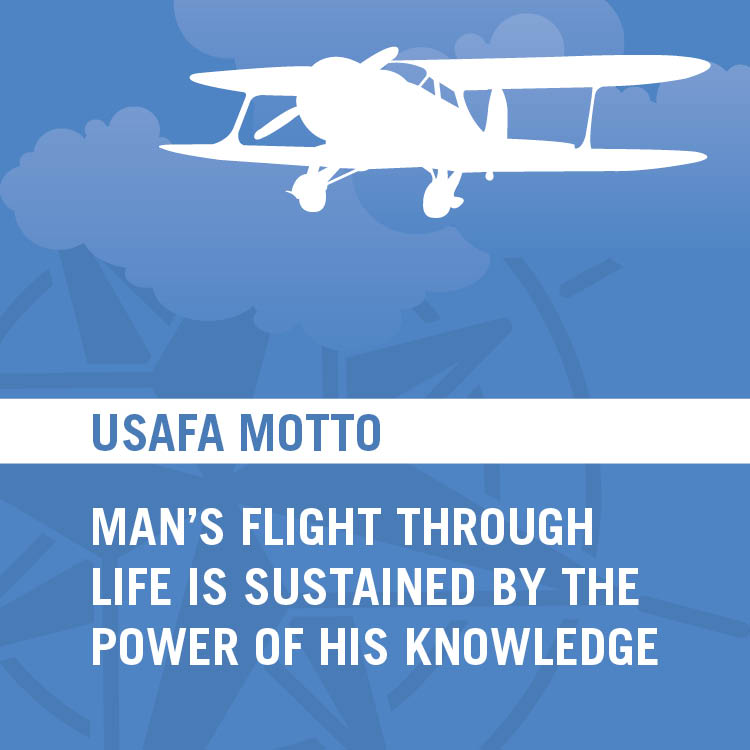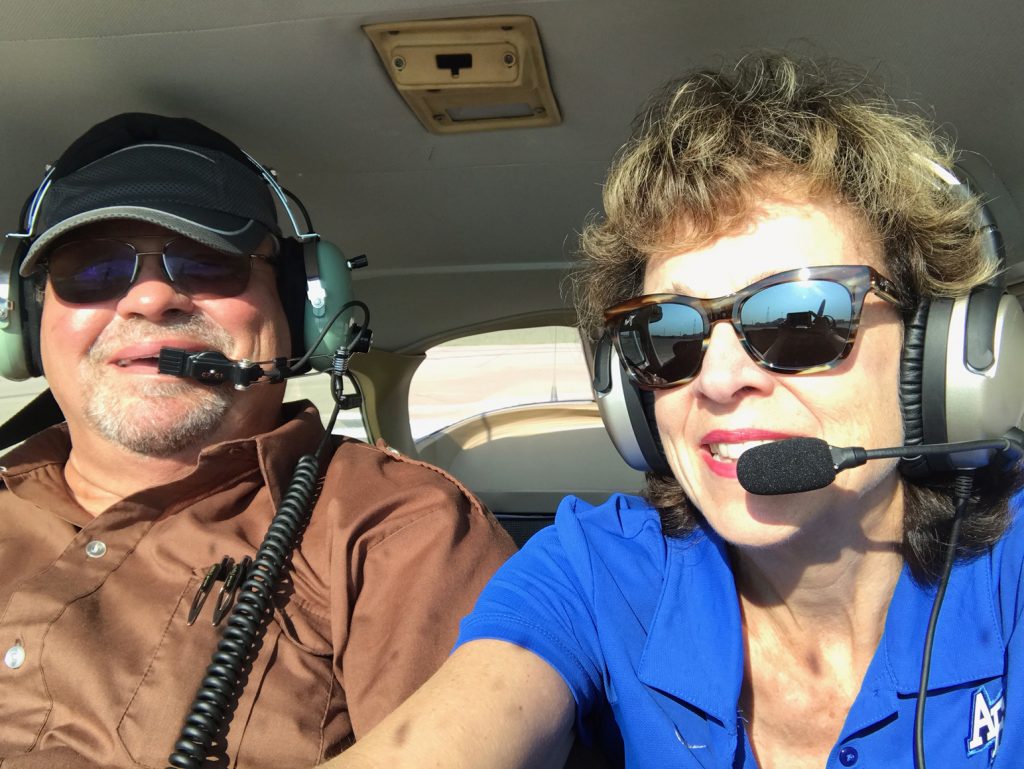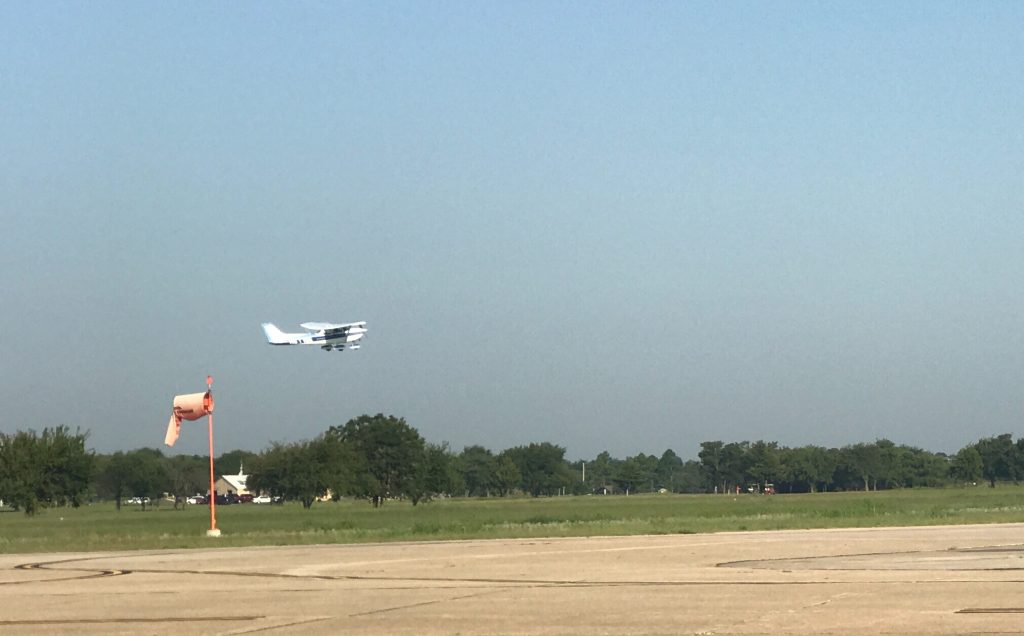Are “minor” course corrections crucial to your career or business?
I value the time I spend flying. Nothing is as exhilarating, mentally challenging and rewarding as being a pilot in command (PIC) of an aircraft.
It is interesting how many business clichés have come out of aviation — course corrections, auto-pilot, flight plans, “getting behind the power curve,” situational awareness, navigating storms, true north. There are plenty of comparisons to be drawn between embarking on a flight and starting a business or maintaining a career.
One powerful aviation concept is the “high cost of course miscalculation.” Consider this … for every single degree a pilot flies off course, they will miss the destination by 92 feet for every mile flown. At that rate, for every sixty miles flown, the airplane will be off target about one mile. If the pilot started at the equator and the goal was to fly around the earth, if they were just “one degree off,” the plane would land almost 500 miles off target. Lesson learned? The longer you travel off course, the further you will be away from the intended target.

@AF_Academy #usafa
While not limited to aviation, the idea of course miscalculations and subsequent corrections — overcoming unexpected obstacles or plotting a new course for your career or business — is an integral part of achieving success. For an airplane to reach its destination, advance planning takes place that includes plotting the course on charts and computer systems by a competent pilot, i.e., one who constantly evaluates incoming information and makes necessary corrections to keep the plane on course. Similarly, keeping your career and/or business on course and running efficiently requires ongoing analysis and constant corrections.
Career growth is the same way. You are the person in command (PIC) of your future. The first thing to consider is what kind of “course” are you on? It is impossible to correct your course if you have not planned one. After you have charted your “course,” it is vital to consider your position and take action if you believe a correction is needed. Sometimes the best advice is to simply “stay the course” you are on– for now, considering any small changes necessary. To stay with our flight methaphor, if you are early in your journey, small course corrections can make a big impact on the final destination.
However, if you are much further along on your career course and an economic downturn or other unforeseen challenges occur;, a more drastic change may be required to realign with your plan. It does not need to be impulsive or a sweeping change. It is important to remind yourself that you are the person in command (PIC) of your future, your flight plan, and minor compass corrections as necessary.
This is why you cannot navigate your career path or future business on auto-pilot because pilot changes to the autopilot changes the flight path. If you do not set the course correctly in the beginning, i.e., make intentional plans, your future success is at significant risk. To reach your destination you must observe and monitor the results you are getting and make constant course corrections. If you are sensing you are off track, take comfort in the fact that achieving the ideal success is an on-going pursuit for every one of us. It is why I continually value the Emotional intelligence (EQ) assessment tool as one of my essential navigation aids for myself and my executive coaching clients.
On a personal note, I recently completed a flight review with a certified flight instructor. It is a requirement that must be met every two years and serves as a reminder of the value of coaches and advisers in my life. On September 8-9, 2017, Ron and I, along with several hundred other pilots, will gather for a “Fly-In” hosted by the Aircraft Owners and Pilots Association (AOPA). My goal in attending? A good leader is always growing in experience, wisdom and skill. As is a good pilot. My personal piloting flight plan is to check out the latest technology, make new connections, expand my flying skills and deepen my aviation experience to become the best general aviation pilot I can be.
Are you on course to achieve your long-term goals, navigating the plan you have charted? If not, what course corrections can you make today to ensure you reach your destination?





Comments are closed.